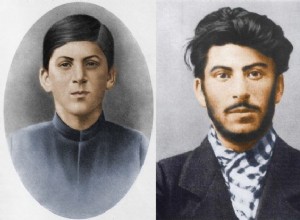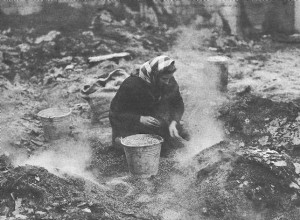Maximilien Robespierre in the film “The French Revolution” (1989) After being a supporter and responsible for the deaths of many people during the Terror, Maximilien Robespierre he could do nothing to avoid the same fate for himself and his followers. The video which follows, posted by you




